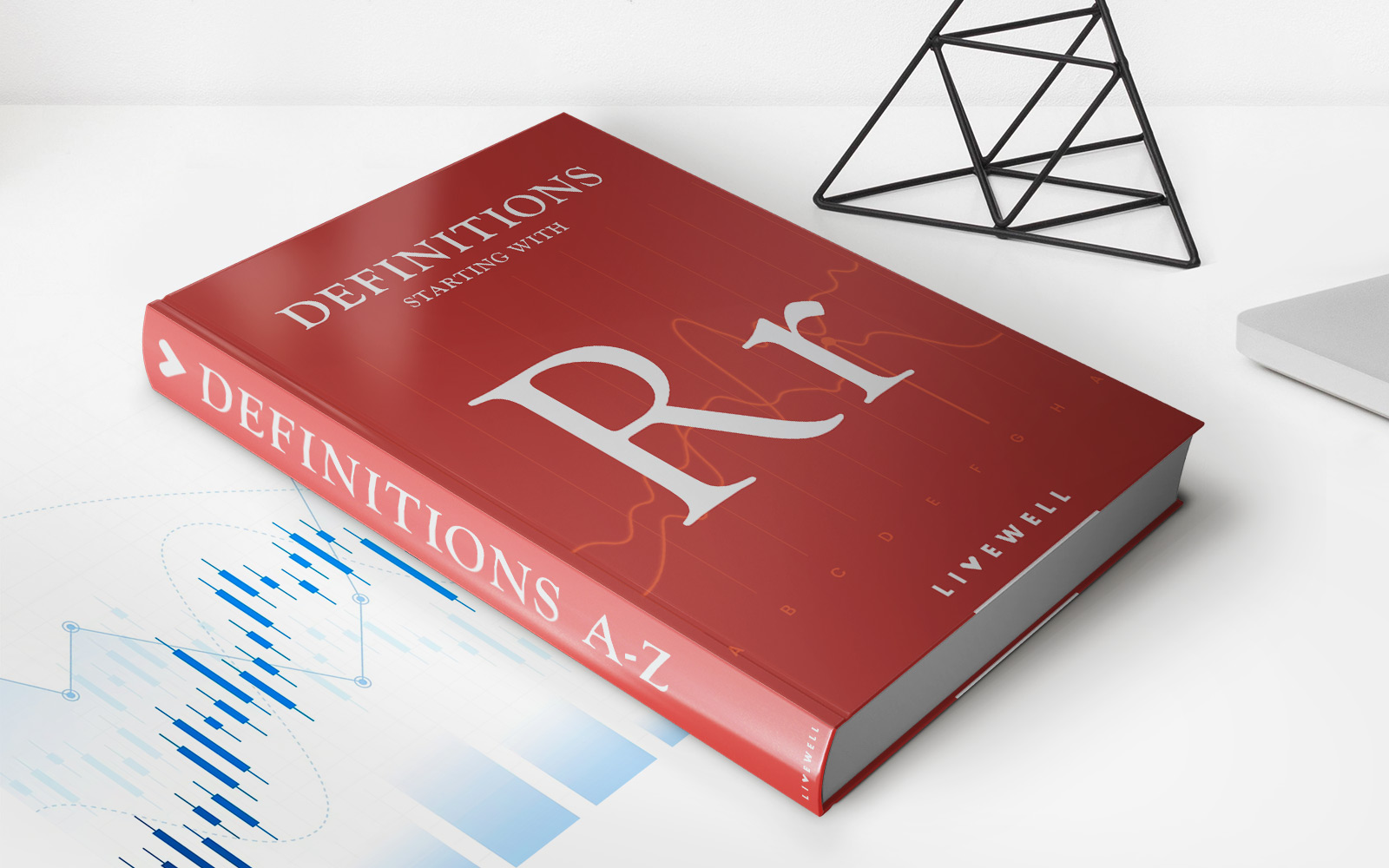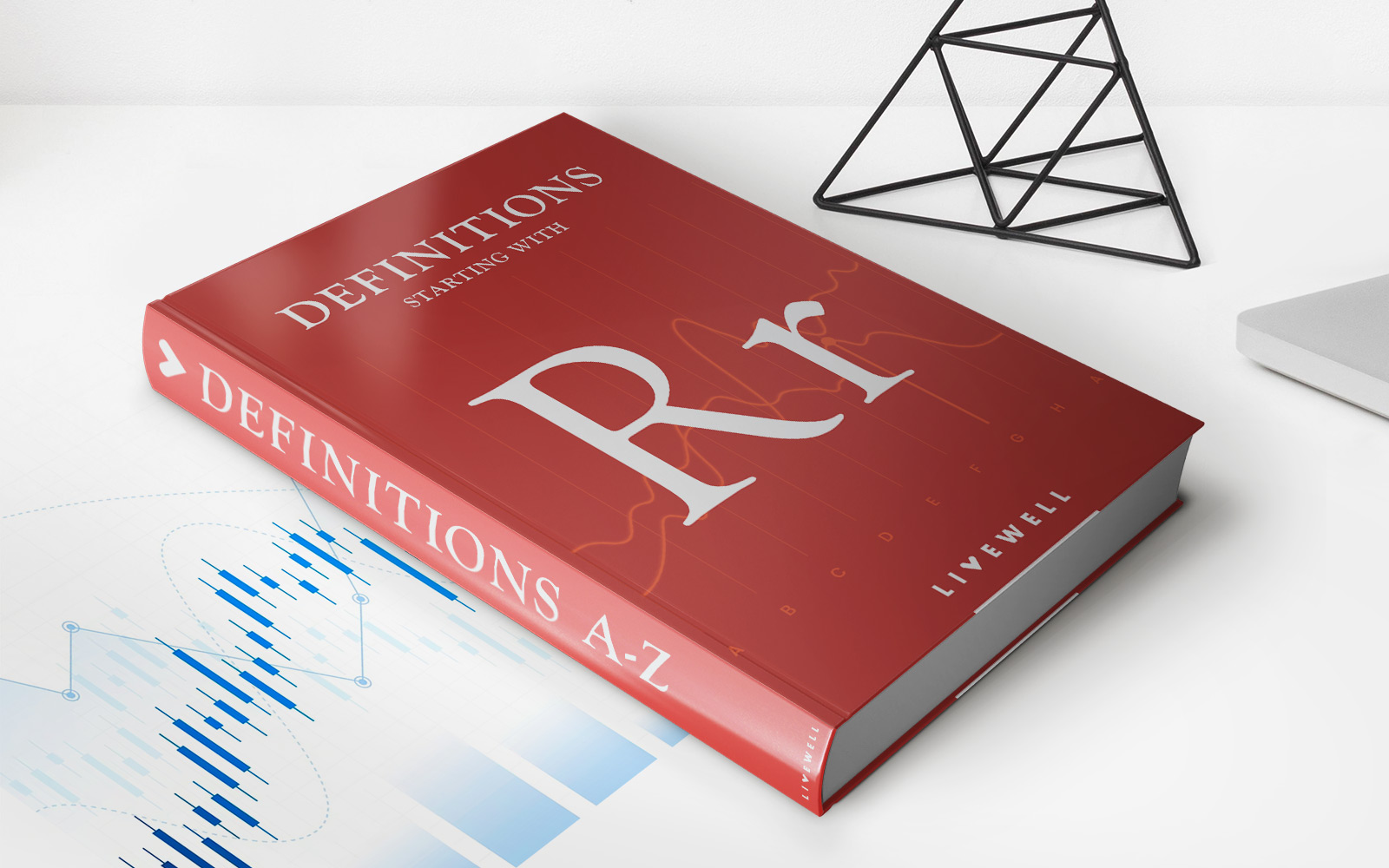Home>Finance>Adverse Possession: Legal Definition And Requirements


Finance
Adverse Possession: Legal Definition And Requirements
Published: October 2, 2023
Learn about adverse possession in finance. This legal concept and its requirements can have significant impacts on property ownership.
(Many of the links in this article redirect to a specific reviewed product. Your purchase of these products through affiliate links helps to generate commission for LiveWell, at no extra cost. Learn more)
Adverse Possession: Legal Definition and Requirements
Welcome to our Finance category! In this blog post, we will delve into the fascinating world of adverse possession. Have you ever wondered what adverse possession really means, and what are the requirements to establish a claim? Well, you’ve come to the right place. In this article, we will break down the legal definition and requirements of adverse possession, providing you with a clear understanding of this intriguing concept.
Key Takeaways:
- Adverse possession allows someone to gain legal ownership of a property through continuous and exclusive possession.
- To establish adverse possession, certain conditions must be met, including open and notorious possession, continuous possession for a specified period, hostile intent, and paying property taxes if required by the law.
So, What is adverse possession exactly? Well, it is a legal principle that enables an individual to gain ownership over a piece of property by occupying and using it openly and exclusively for a certain period of time, despite not having any legal rights to the property in the first place. Adverse possession allows the occupier to develop a legal claim to the property, effectively transferring ownership from the original owner to the adverse possessor.
Now, let’s take a closer look at the key requirements that must be fulfilled to establish a claim of adverse possession:
- Open and notorious possession: The adverse possessor must openly occupy and use the property, without trying to hide their intentions.
- Continuous possession: The adverse possessor must use and occupy the property continuously for a specified period of time, which may vary depending on the jurisdiction.
- Hostile intent: The adverse possessor’s possession must be against the interests and rights of the true owner.
- Payment of property taxes (if required): In some jurisdictions, the adverse possessor may need to prove that they have been paying property taxes on the property during the period of adverse possession.
Now that we have covered the basic requirements, you may be wondering why adverse possession exists in the first place? Well, it serves several purposes. Adverse possession encourages the productive use of land, prevents land from becoming abandoned or neglected, and provides a level of certainty in land ownership. Additionally, it can help resolve boundary disputes and clarify ownership rights, ensuring a fair and just system.
However, it’s important to note that adverse possession laws can vary between jurisdictions, so it’s crucial to consult with a legal professional familiar with the laws in your specific area if you find yourself dealing with a potential adverse possession situation. They will be able to guide you through the process and provide expert advice tailored to your circumstances.
In conclusion, adverse possession is a fascinating legal concept that allows someone to gain ownership of a property through continuous and exclusive possession. By meeting the specific requirements, an adverse possessor can transform their occupancy into legal ownership. Understanding the ins and outs of adverse possession can be incredibly helpful, especially if you find yourself in a situation involving disputed land or property boundaries.
We hope this article has provided you with valuable insight into the world of adverse possession. Remember, if you have any specific questions or concerns, it’s always wise to seek advice from a legal professional who can assist you further. Happy exploring!














